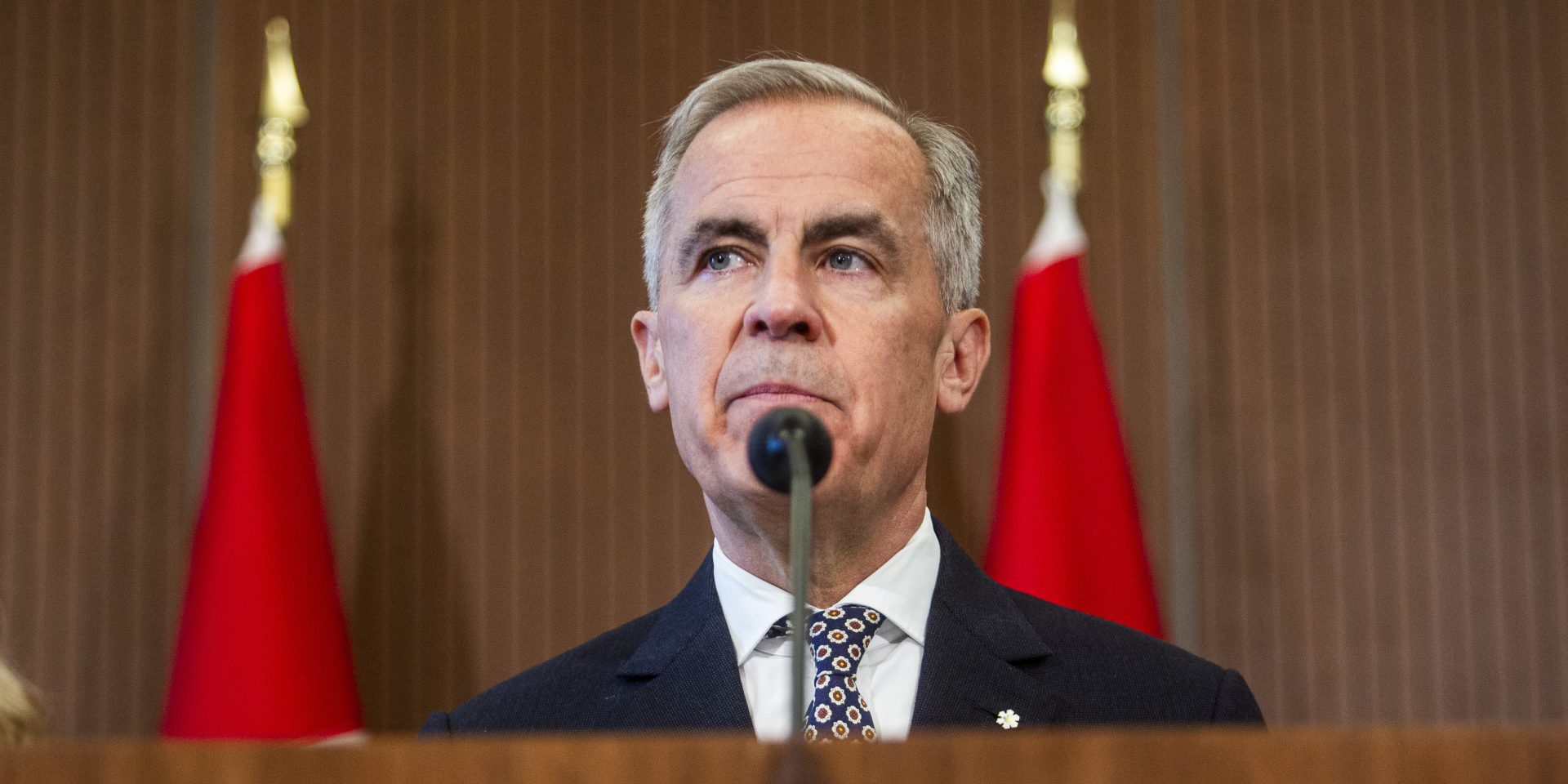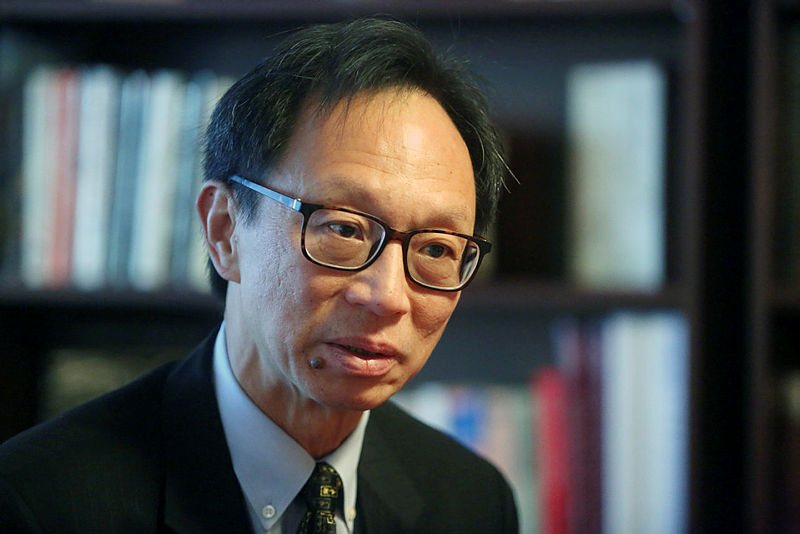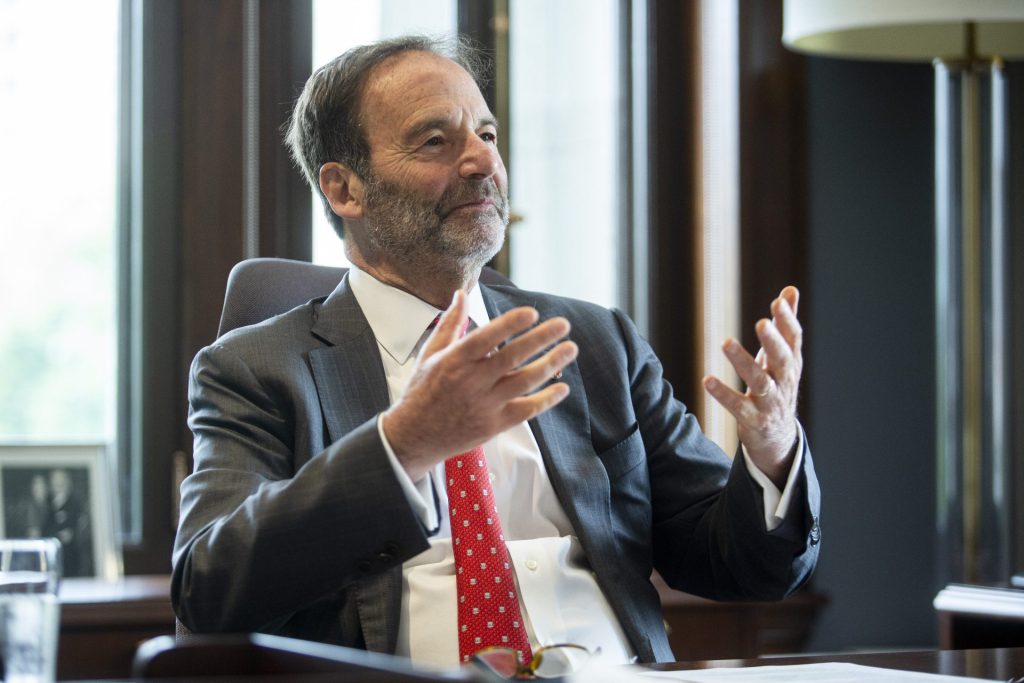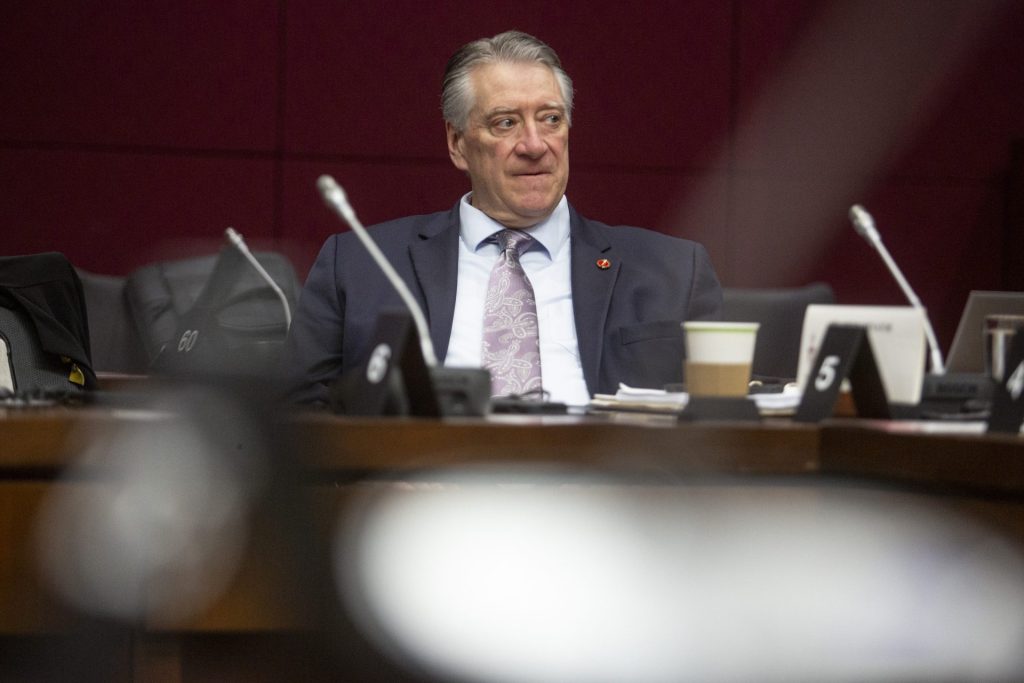Senate passes Carney’s controversial nation-building bill, citing ‘trust’ in the government

The Red Chamber passed the government’s unprecedented nation-building bill without amendments after just two days of debate, in a move some Senators attempted to stop as others expressed excitement at the swift and decisive action from the Liberals.
On June 26, the Red Chamber debated and concluded third reading of Mark Carney’s (Nepean, Ont.) One Canadian Economy Act, which the prime minister has argued is necessary to spur economic growth and respond to trade uncertainty.
The Bill C-5, which swiftly passed the House of Commons on June 20 after only being introduced earlier that month, has two parts. The first portion of the bill, which was passed with unanimous support in the House, seeks to eliminate interprovincial trade barriers. The second portion of the bill gives the government the authority to fast-track projects deemed in the “national interest” by bypassing regulations and skirting laws to speed-up development—something the government has argued is needed to meet the economic “crisis” Canada faces.
It has drawn fierce criticism from Indigenous leaders and environment advocates who argue it is governmental overreach, and could interfere with treaty rights. It was opposed by the Bloc Québécois and the NDP in the House, but supported by the Conservatives, which pushed it through the Upper Chamber.
Many Senators spoke on those concerns in the Red Chamber on June 26, some proposing amendments to address these issues and slow the passage of the bill, but none passed. If an amendment garnered enough support, it would have forced the legislation to return to the House, which has risen for the summer, and either require MPs to return to study it or wait until the fall to pass the legislation.
Canadian Senators Group (CSG) Senator Paul Prosper (Mi’kma’ki, Nova Scotia) was among those leading the charge against the legislation. Prosper proposed an amendment that would have required projects to receive free, prior, and informed consent for Indigenous communities affected by a project before approval.
Prosper called the legislation a “betrayal” of reconciliation, saying he didn’t want to pass a bill that has come about without proper consultation with Indigenous leaders, and which could result in projects being forced on communities.
“We do not want success and progress to come on the backs of Indigenous Peoples,” said Prosper, whose amendment had 48 Senators opposed, 28 in favour, and eight abstaining. “We want to be at the table, making decisions alongside Canadian politicians, because these decisions affect us. They affect our lands and resources.”
Prosper questioned the speed at which Senators were pressed to pass the government bill, and the need for urgency, arguing programming motions—such as the one the Senate agreed to in order to speed up debate on C-5—were “nothing but shackles that constrain our ability to give thorough examination to bills.”
Prime Minster Mark Carney (Nepean, Ont.) has promised to address Indigenous leaders’ concerns surrounding the legislation, saying he will engage with rights holders over the summer.

Independent Senators Group (ISG) Senator Yuen Pau Woo (British Columbia) also proposed changes to the legislation. Though Woo said he was a “supporter” of Bill C-5, he said his amendments were needed to address “oversights” or “discrepancies” that he believes were unintended.
One of Woo’s amendments would have addressed a “discrepancy” that came out of an amendment made in the House, which sought to set up a register to report on “national interest” projects to ensure they met with selection criteria.
Woo noted in his speech that the criteria listed in the amendment does not fully correspond to the factors that are outlined in the bill—notably, it drops the factor of “contributing to clean growth and meeting Canada climate change objectives.”
Woo said he doesn’t believe the oversight was the government’s intention, and noted that if his amendment did not pass, he thinks the government “will do what they can to remedy the situation.”
However, he acknowledged that “one interpretation, for sure, is that there is an intention for this criteria to be given less weight. And I don’t think that would be right.”
Government Representative in the Senate Marc Gold responded to Woo’s concerns by saying that the “government intends to correct this issue at the earliest legislative opportunity.”
Gold (Stadacona, Que.), who is approaching the mandatory retirement age of 75, received a standing ovation from his colleagues after he spoke in the Chamber, urging Senators to vote against amendments. Calling Bill C-5 “extraordinary,” he said it demands “unprecedented trust” from the Upper Chamber.

“Bill C-5 is also fundamentally about trust,” he said. “Trust … that we all have the best interests of Canada at heart … trust that the newly-elected government will act with honour.”
Trust was frequently referred to in the third-reading debate. In his speech, CSG Senator Tony Ince (Nova Scotia) said he would be supporting the bill, but highlighted that he has been receiving emails from people concerned about the legislation, and acknowledged the bill could infringe on Indigenous rights.
“This appears to be more about trust than anything else right now. Trust in our government. Trust in legislatures,” Ince said, concluding that he hopes he “won’t regret” voting in favour.
Independent Senator Kim Pate (Algonquin Anishinabe Aki, Ont.), who was among the Senators who supported Woo’s proposed amendments, also highlighted the need for trust. Noting there “is trust in this Chamber,” she said parliamentarians must consider “trust that extends beyond this Chamber.”
CSG Leader Scott Tannas (Alberta) was among a number of Senators who offered enthusiastic support of the bill. Tannas said there have been “lots of failed opportunities to execute amid” what he called “immense social change” that has taken place over the last decade.
“Execution has been in short supply for a decade here,” Tannas said in his speech. “And I’m excited to see somebody who lays out a plan calmly, and then immediately sets on a path to see it executed. I commend the prime minister and the government for this.”
Tannas added that he hopes the government will respect the rights of Indigenous communities—and that economic considerations are a part of those negotiations.

“I’m hopeful the government and industry will act with honour as it relates to both Indigenous consultation,” he said. “And equally important in my mind Indigenous economic participation.”
“It’s time for Indigenous people to rise and to lead us towards economic reconciliation,” he said, nearing the conclusion of his speech.
As he sat down, Prosper patted him on the back.
The Senate’s programming motion gave June 27 as the deadline to vote on the bill, but the Chamber finished debate before 4 p.m., passing the legislation by a “voice vote,” so there is no record of which Senators supported the bill or were against it.
—with files from Peter Mazereeuw
ewand@hilltimes.com
The Hill Times
Correction: A previous version of this story misspelled Senator Marc Gold’s name. The Hill Times apologizes for the error.






 LICENSING
LICENSING PODCAST
PODCAST ALERTS
ALERTS













